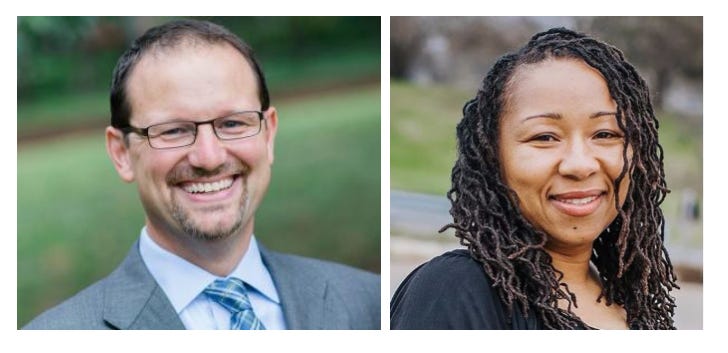Charlottesville Mayor under fire for gift card giving
According to a local criminal defense attorney, Mayor Walker's gift card giving "looks like embezzlement."

By her own admission, Charlottesville Mayor Nikuyah Walker says she "paid" community members, who she says were speaking on important public issues, with $25 gift cards "for every hour that they spend and devote to helping us heal this community.”
However, despite her good intentions, she could be in some hot water.
According to a February 3 memo from Acting City Attorney Lisa Robertson, after an individual made a presentation to City Council in October 2020, a donation was given to "her" non-profit using an individual City Councilor's government-issued credit card. Robertson was also contacted, we know not by whom, and asked if it was lawful for an individual City Councilor to purchase gifts cards, effectively using tax-payer funds, with their government-issued credit cards to be distributed to individuals who participated i…


